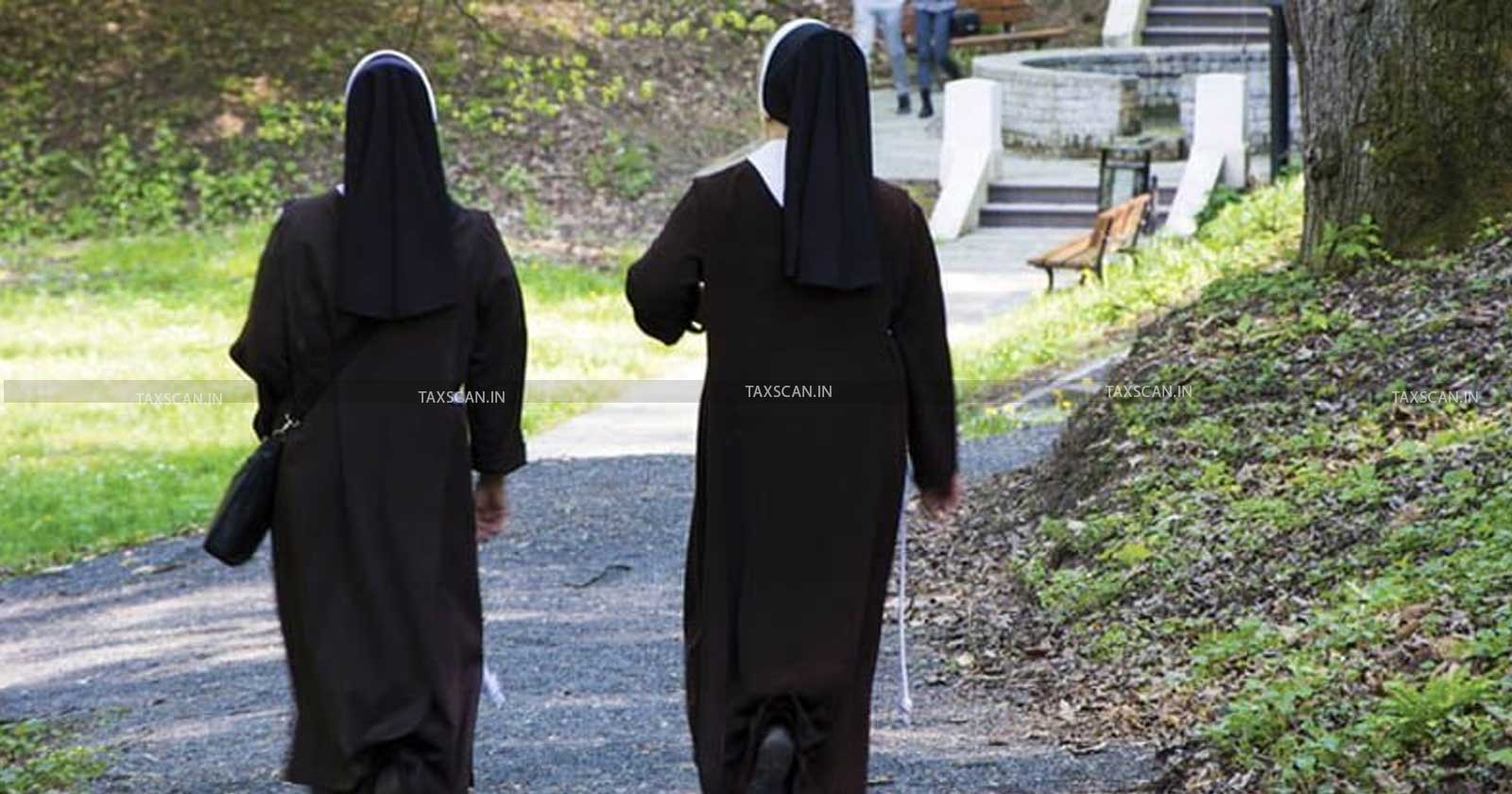Nuns in state of 'Civil Death' liable to Pay Income Tax or Not? Supreme Court to Decide
The Apex Court is set to decide whether the vow of poverty, taken by nuns, exempt them from Income Tax liability or not, legally recognising ‘Civil Death’

The Supreme Court is set to review the question of whether nuns, who receive salaries, are obligated to pay income tax. Christian missionary orders, ranging from the Franciscans to the Carmelites, have presented arguments asserting that nuns and priests undergo a state of "civil death" upon taking their vow of poverty, thereby exempting them from tax payments.
They contend that the earnings, often referred to as "salaries," are not utilized for personal expenses but are directed towards their respective congregations. The argument emphasizes that a nun commits to three sacred vows—obedience, chastity, and poverty—following extensive training, relinquishing personal ownership and the prospect of marriage. Nuns lead ascetic lives, and their income is considered the property of their congregations, with tax returns being submitted as necessary.
The concept of "civil death" is central to their defense, wherein a person, upon embracing the vow of poverty, renounces earthly relationships and experiences a form of civil death. This extends to inheritance, as even in the event of the natural parents' intestate demise, the assets do not pass on to the nun.
The legal challenge stems from a December 1, 2014 Income Tax Department directive instructing educational authorities and district treasury officers to apply Tax Deducted at Source ( TDS ) to members of religious congregations receiving government salaries. This directive was contested in the Kerala High Court, which upheld canon law tenets recognizing the overriding title of a religious congregation over its members but emphasized the supremacy of civil law.
The current appeal to the Supreme Court argues that a person undergoing "civil death" should not be expected to earn an income. However, the High Court's rationale was based on the notion that someone in a state of "civil death" cannot engage in regular activities or enjoy fundamental rights.
The Supreme Court petition counters this perspective, asserting that "civil death" solely signifies the inability to earn income and the loss of proprietary rights, not the suspension of fundamental rights or the requirement to lead a secluded life. The key contention is whether any professional activities undertaken by the nun are considered charitable acts without personal income, challenging the High Court's interpretation of "civil death."
A decision in this matter by the Apex Court is awaited by the community and the country.
Support our journalism by subscribing to Taxscan premium. Follow us on Telegram for quick updates


